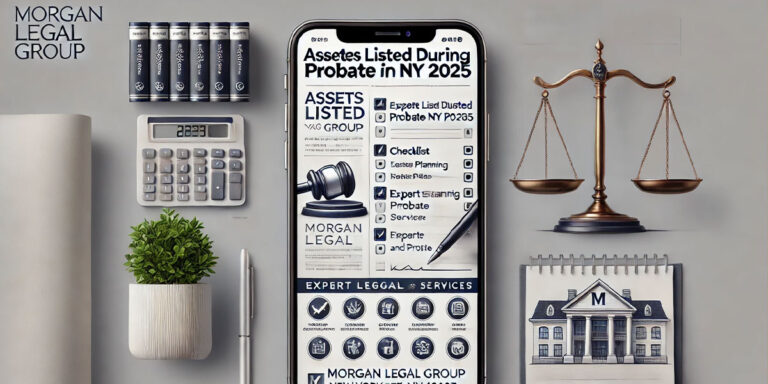
Assets Listed During Probate in NY 2025
Understanding Which Assets Are Liable to Be Listed During Probate in New York 2025 Introduction to Probate Asset Listing Probate is a legal process that


Home » Estate Planning Attorney Near Me Brooklyn » Page 10

Understanding Which Assets Are Liable to Be Listed During Probate in New York 2025 Introduction to Probate Asset Listing Probate is a legal process that
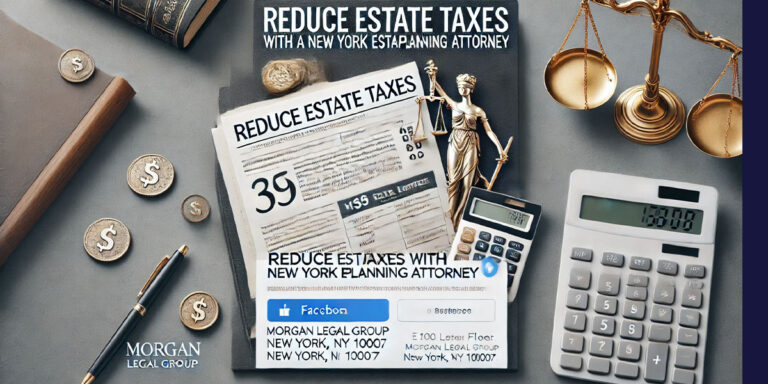
Smart Strategies to Minimize Estate Taxes in New York The Challenge of Estate Taxes in New York Estate taxes can significantly reduce the assets passed
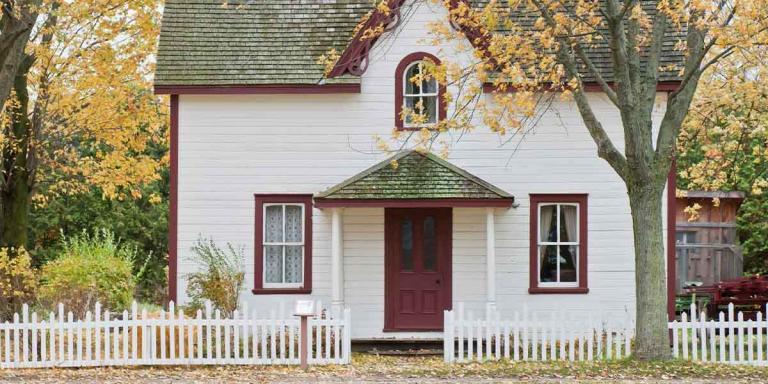
Living Trusts on Long Island: Secure Your Legacy For Long Island residents, securing your family’s future and legacy is a primary concern. Estate planning, therefore,

🎄 Happy Holidays & Wishing You a Prosperous 2025! 🎉 Reflecting on a Successful 2024 As we bid farewell to 2024, Morgan Legal Group is
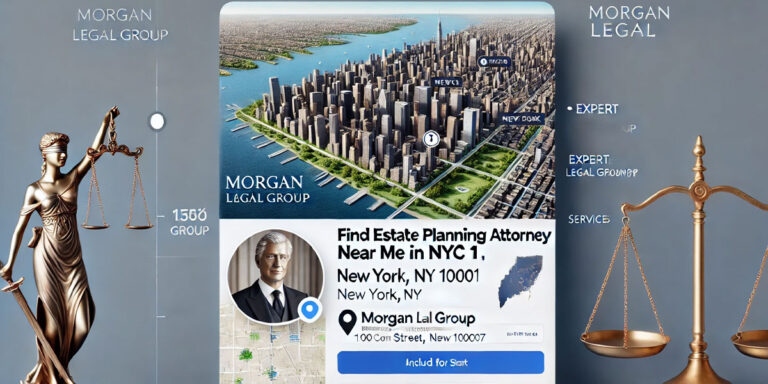
Estate Planning Attorney Near Me in New York 10001 Why You Need an Estate Planning Attorney in NYC Estate planning is not merely for the
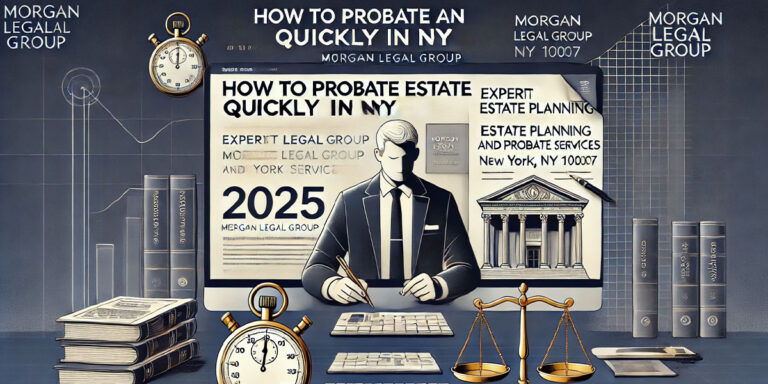
How to Probate an Estate Quickly in New York 2025 Introduction: Simplifying Probate in New York Probate in New York can be time-consuming, often compounded
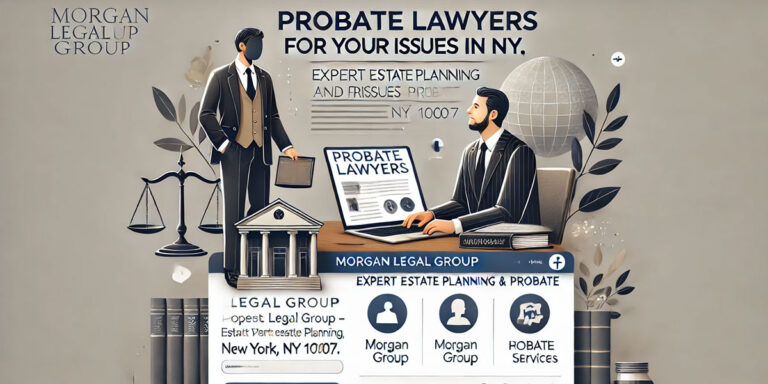
Why You Should Let a Probate Lawyer Handle Your Probate Issues Understanding the Probate Process in New York Probate is a legal process that validates

Let a Probate Lawyer Handle Your Probate Issues Understanding the Probate Process in New York Probate is the legal process of administering a deceased person’s
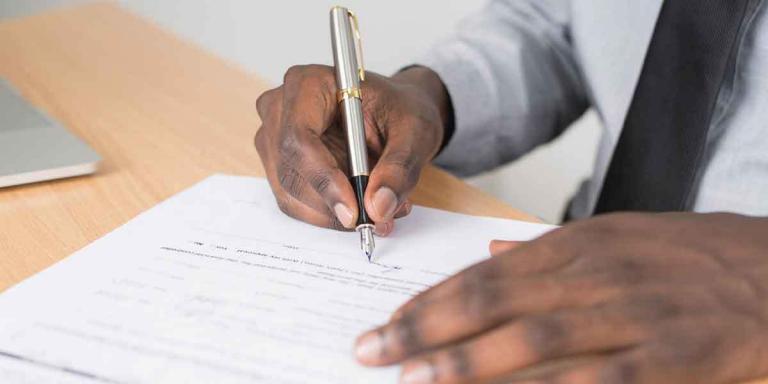
Legal Will and Testament Attorney Tips in Queens, NY Understanding the Importance of a Legal Will A legal will is a critical document that outlines
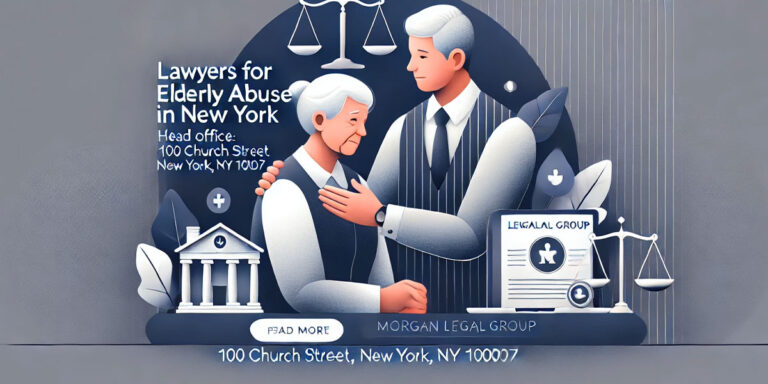
Lawyers for Elderly Abuse in New York Understanding Elderly Abuse in New York Elderly abuse is a pervasive and often underreported issue affecting seniors across
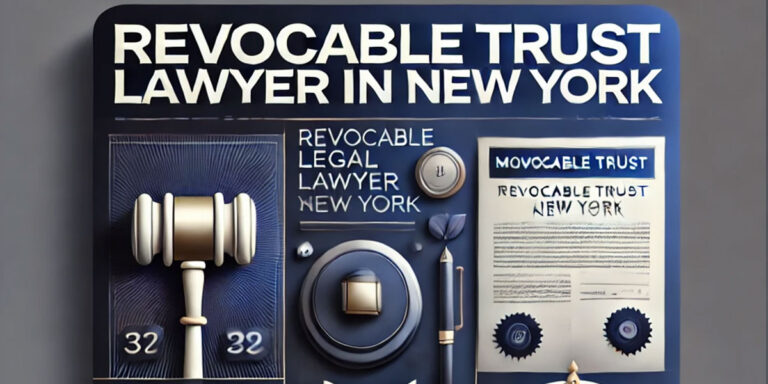
Revocable Trust Lawyer in New York Understanding Revocable Trusts A revocable trust, also known as a living trust, is a powerful estate planning tool that
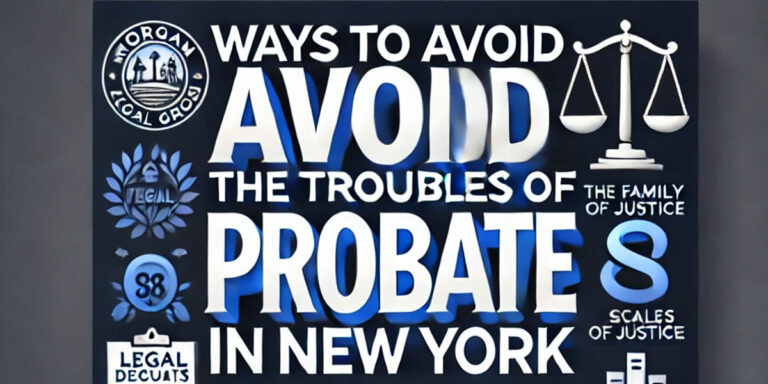
Ways to Avoid the Troubles of Probate in New York Understanding the Probate Process Probate is the legal process by which a deceased person’s estate

Estate Planning Tips for Entrepreneurs in New York Introduction: Why Entrepreneurs Need Estate Planning For entrepreneurs, estate planning is more than a personal necessity; it’s
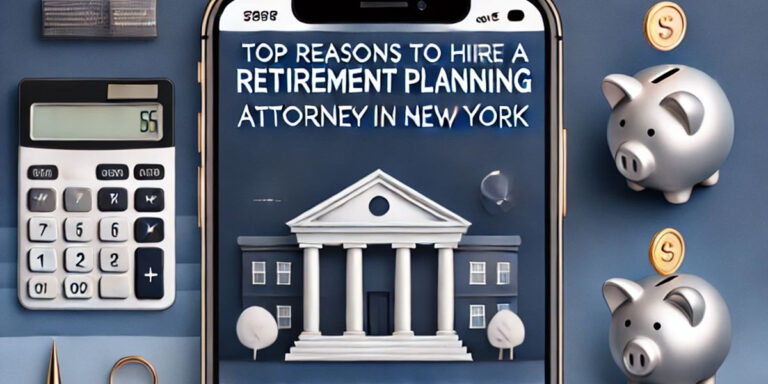
The Top Reasons to Hire a Retirement Planning Attorney in New York Introduction: Why Retirement Planning Matters Retirement planning is not just about financial security

Five Simple Steps to Protect Your Assets in New York Why Asset Protection Matters Asset protection is more than just safeguarding wealth—it is about securing
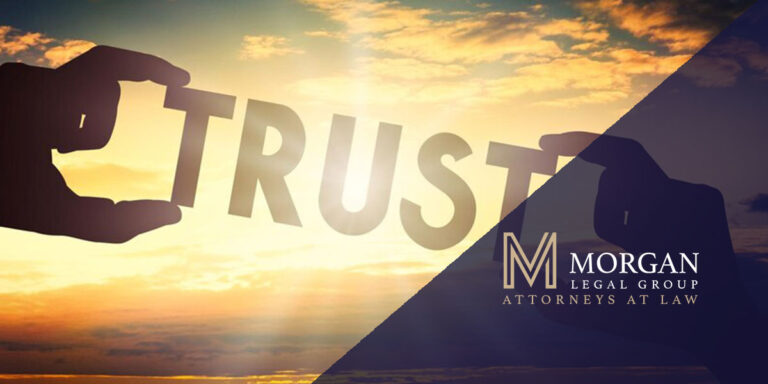
Wills and Trusts in New York: Your 2024 Comprehensive Guide As we approach 2024, the estate planning landscape in New York continues to evolve. Understanding

All About Estate Planning in NYC, New York 2024 As we approach 2024, the landscape of estate planning in New York City presents both new

Understanding Wills and Trusts in New York Wills and trusts are essential tools for estate planning in New York. Each serves distinct purposes and offers

Estate Planning Attorney Near Me NYC Why You Need an Estate Planning Attorney in New York City Estate planning is critical in ensuring your assets

Estate Planning in the Digital Age Introduction The digital age has transformed nearly every aspect of our lives, including estate planning. As online platforms and
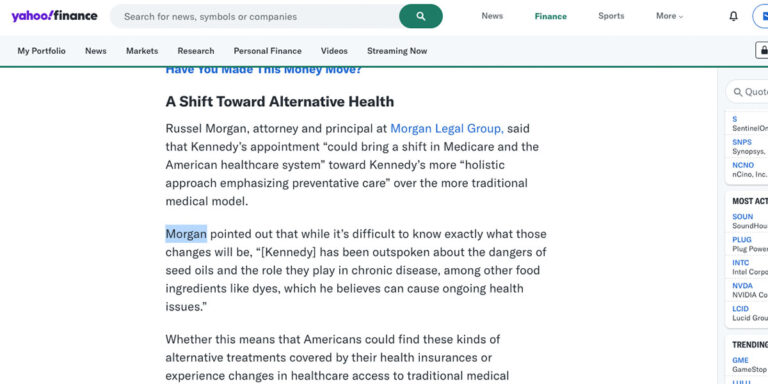
Analyzing the Potential Impact of Kennedy’s Healthcare Policies on Medicare Introduction Kennedy’s appointment to a pivotal role in shaping U.S. healthcare policy has sparked widespread
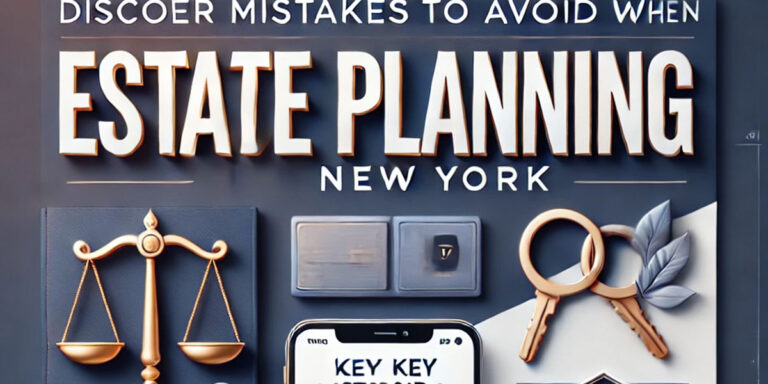
Essential Tips to Avoid Mistakes When Estate Planning in New York Introduction Estate planning is vital in securing your legacy and ensuring your loved ones
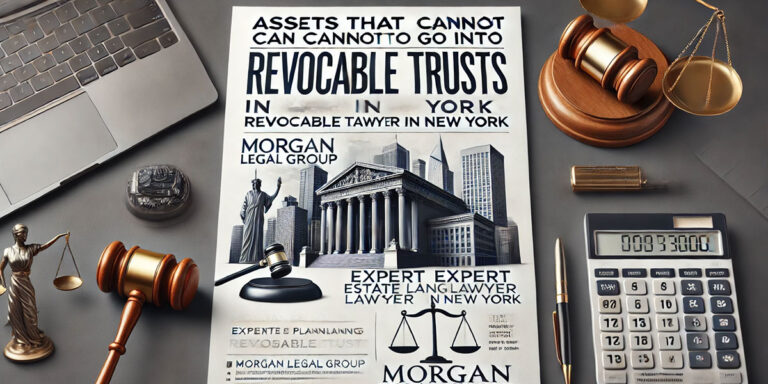
Assets That Can and Cannot Go Into Revocable Trusts Introduction to Revocable Trusts Revocable trusts are a cornerstone of estate planning in New York, offering
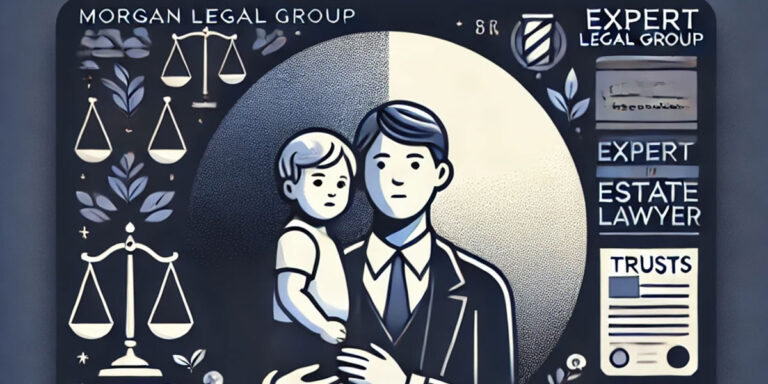
Trusts for Minor Children in New York Understanding the Importance of Trusts for Minor Children Establishing a trust for minor children is a vital component
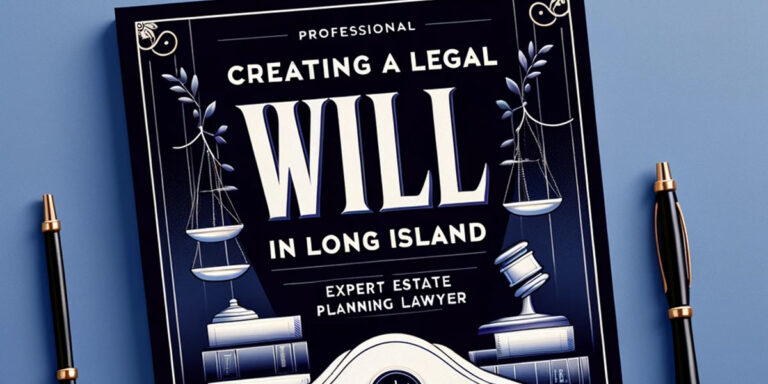
Creating a Legal Will in Long Island Why a Legal Will is Essential A legal will is a cornerstone of estate planning, ensuring that your
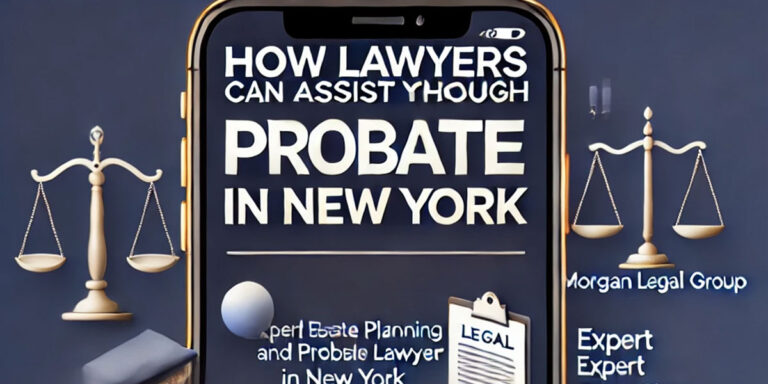
How Lawyers Can Assist You Through Probate in New York The probate process can be complex and emotionally taxing, especially for families grieving the loss
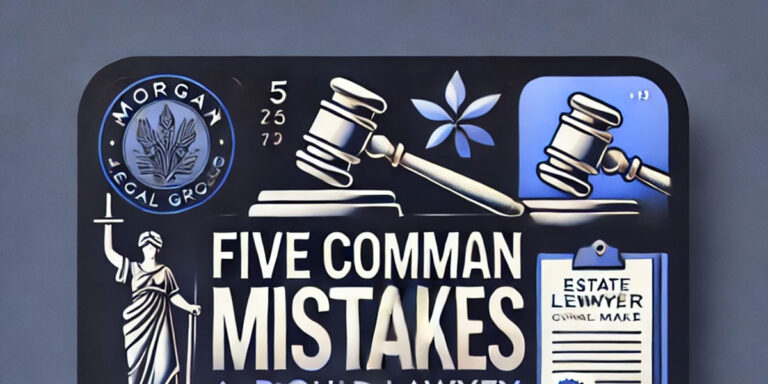
Five Common Mistakes a Probate Lawyer Could Make in New York Probate is a vital process for administering an estate after someone’s death. However, even

New Parents? Estate Planning Tips to Consider Becoming a parent is a significant milestone that brings joy and responsibility. One crucial aspect that new parents
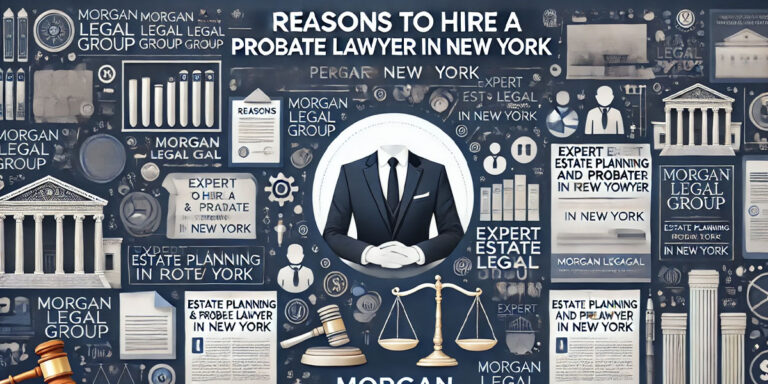
Reasons to Hire a Probate Lawyer in New York Probate is the legal process of validating a will and administering an estate after someone’s death.
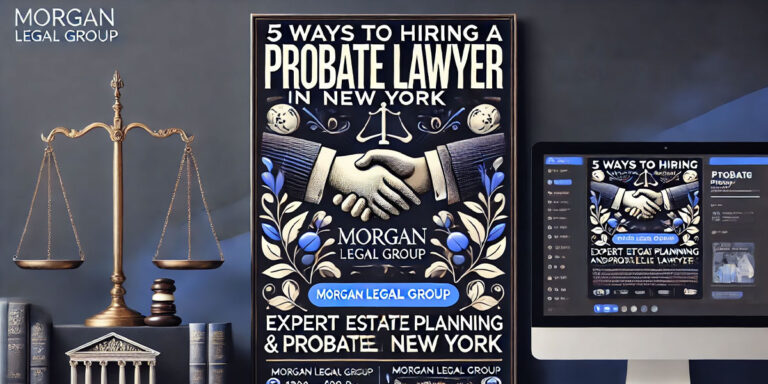
5 Ways to Hiring a Probate Lawyer in New York Probate is an intricate legal process involving the validation of wills, settlement of debts, and
Ⓒ 2025 - All Rights Are Reserved | Privacy Policy | Estate Planning Attorney NYC | Sitemap